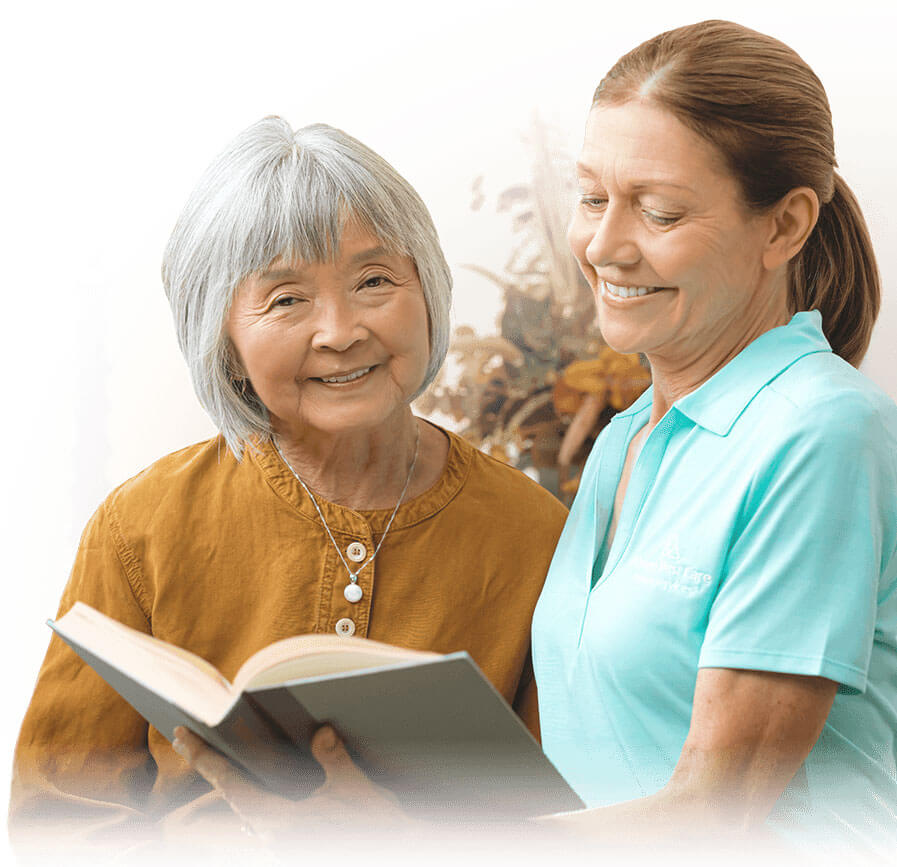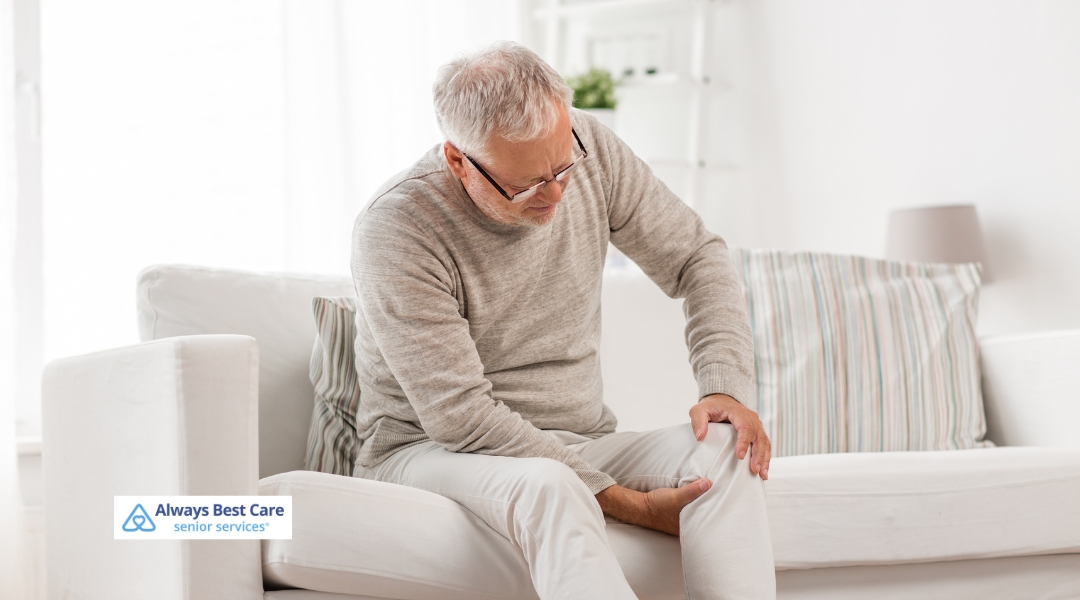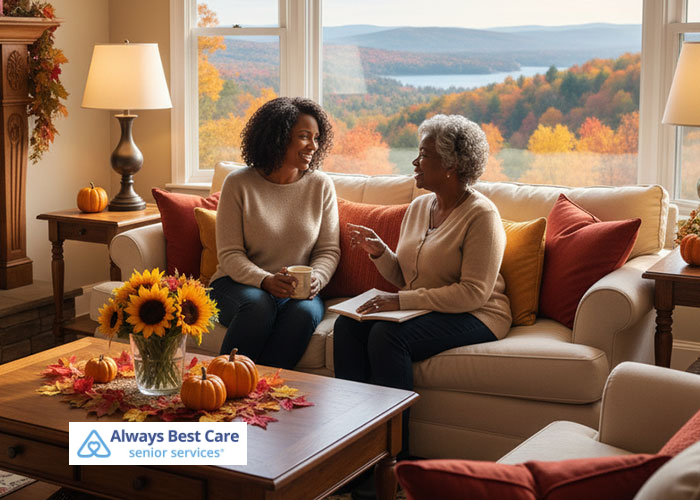Health Spotlight: Chronic Obstructive Pulmonary Disease (COPD)

Chronic obstructive pulmonary disease or COPD affects millions of Americans, but it tends to be more common in older adults. Research has shown that approximately 10% of Americans aged 75 or older are living with COPD, and the actual percentage may be higher since many cases go undiagnosed. COPD is a progressive disease for which there is currently no cure, but there is treatment available to reduce symptoms and improve quality of life.
What is COPD?
Chronic obstructive pulmonary disease often presents as a combination of conditions, including emphysema and chronic bronchitis. With emphysema, small air sacs called alveoli are damaged or destroyed reducing the ability to effectively push air out of the lungs. This can contribute to shortness of breath.
With chronic bronchitis, the airways become irritated and inflamed and produce more mucus. This inflammation and mucus buildup can block the flow of air in and out of the lungs, making it harder to breathe.
Symptoms of COPD include:
- Shortness of breath
- Difficulty taking deep breaths
- Increased mucus production
- Prolonged coughing or wheezing
While smoking is a major risk factor for COPD, other conditions such as genetics, respiratory infections, and prolonged exposure to air pollutants can also play a role.
Impact of COPD on Seniors
COPD may increase fall risk and interfere with seniors’ ability to complete daily tasks such as personal care, housekeeping, meal preparation, and running errands. Difficulty breathing can take a toll on their stamina, strength, and stability, causing them to become tired more easily. Even basic tasks require additional effort.
The condition can affect quality of life, especially if older adults have other underlying medical conditions such as vision or hearing problems, mobility issues, arthritis, or dementia. Managing symptoms can help promote comfort and continued independence, but many seniors can still benefit from in-home care.
How In-Home Care Can Benefit Seniors with COPD
An in-home caregiver can provide the appropriate level of support to help seniors maintain as much independence as possible as they age in place while also keeping them safe. In-home care can take the stress off of seniors when it comes to completing daily activities by assisting with light housekeeping, picking up groceries or prescriptions, preparing meals, helping with grooming, and escorting on outings or to appointments. A caregiver can also remind seniors to take their medication or use supplemental oxygen to manage COPD symptoms and work with them on basic exercises to promote better health.
Families can also have peace of mind knowing that there is a trained professional available to assist their loved one with non-medical needs and stay alert to any changes in their general health or well-being. In-home care services can be tailored to each senior’s unique needs and offer a balance of assistance and companionship when it is needed most. Contact Always Best Care at (855) 470-2273 to learn more and schedule a free consultation.





